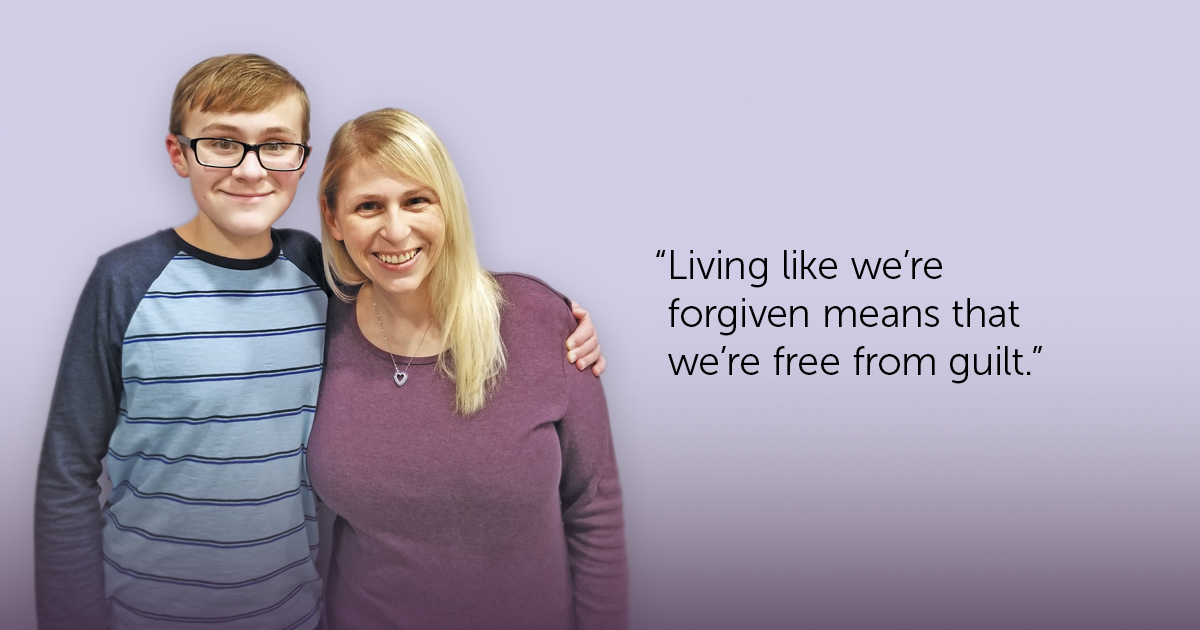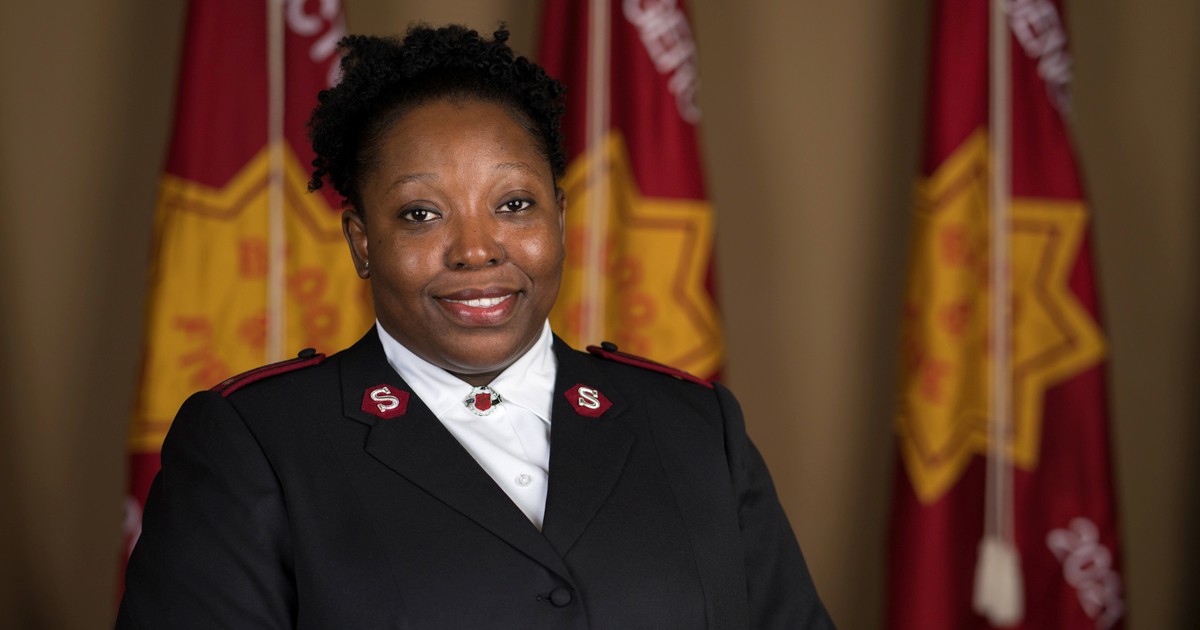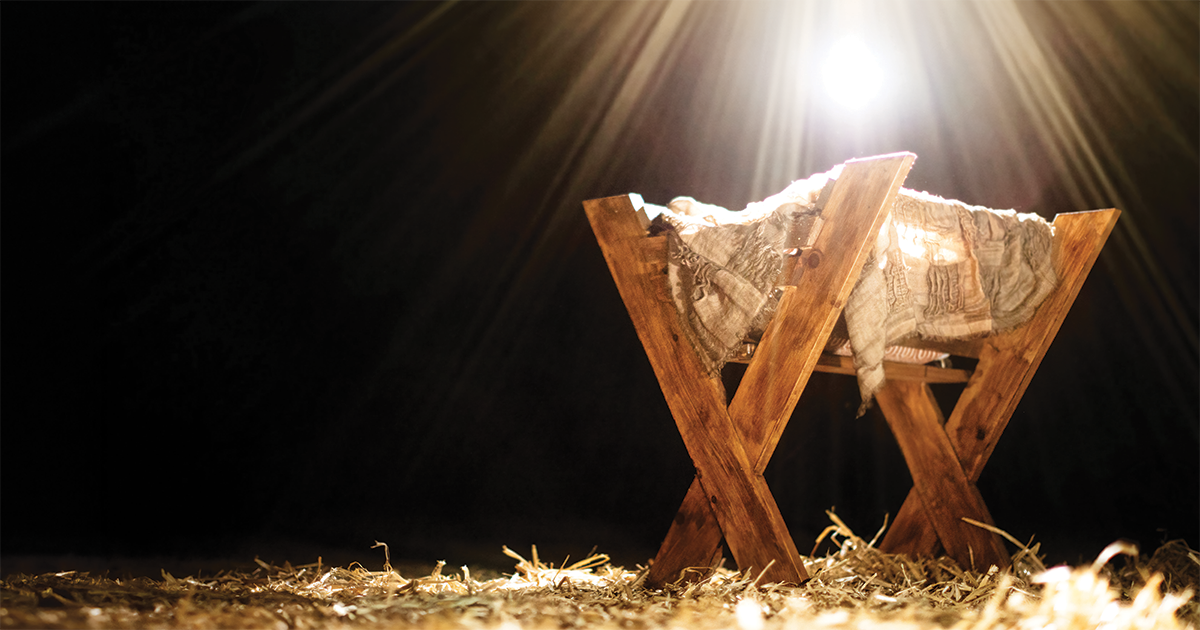“I just went into your room to put away some laundry,” I said to my 12-year-old son, Nathan.
His facial expression changed immediately. “I’m sorry, Mom. I was going to clean my room this morning, but I forgot.”
“I understand that, but the problem is that I asked you to clean it yesterday. Last night, when I saw you playing your video game, I asked you about it and you said you were finished. You weren’t honest with me.”
He hung his head. “I’m sorry. I started working on it, but I got bored and took a break to play my game. When you asked me if it was done, I didn’t want to stop playing, so I just said yes. I thought I could finish it this morning before you found out.”
“You lied to me, and that’s not acceptable,” I went on. “You need to finish your room right now. And as a punishment, you won’t be playing video games for the rest of the week.”
Nathan nodded, his eyes filling with tears. “I’m really sorry, Mom. Will you forgive me?”
I put my arm around him. He was such a good kid and rarely had behaviour problems. He was also very sensitive, and I needed to be careful with his feelings while correcting that behaviour.
“Yes, of course, I forgive you,” I said. “I love you, and I always will. But lying to me for any reason is not OK.”
“I know. I won’t do it again.” He gave me a hug, wiped his eyes, and then went to finish the job he should’ve done yesterday.
Grateful for Forgiveness
Later that day, I went into the kitchen and found Nathan sweeping the floor, a rare occurrence without being asked.
“I unloaded the dishwasher, too,” he said earnestly.
I thanked him for his help, grabbed a glass of water and then headed back to my computer to work. An hour later, Nathan brought me a sandwich and some potato chips.
“I thought you might be hungry,” he said.
I smiled and thanked him.
“I’m going to take the dogs for a walk, and then dust the living room. What can I do for you after that?”
I studied his face for a moment. “I’m glad you’re being so helpful, but I’m not mad at you for what happened earlier. I feel like you’re trying to make up with me, but you don’t need to. I meant it when I said I forgave you.”
“I know,” he said. “But at church, my youth leader said that we need to live like we’re forgiven. That means being thankful for it and showing love to others like Jesus would.”
“So you aren’t doing these things because you feel guilty?”
He shook his head. “They said at church that it’s not about guilt. It’s about gratitude.”
Important Verse
I mulled over his words, remembering the many times in my life that I’d held on to a past sin, reliving it in my mind and beating myself up over it. My guilty feelings had no power to change what I’d done, but I often gave them the power to weigh me down, as if they were a burden I’d always carry with me. I felt like they were a permanent stain on who I am today. It was a trap I didn’t want my son to fall into.
“Tell me what else you learned about God’s forgiveness,” I said.
“Jesus lived a perfect life, and He didn’t deserve to die,” Nathan replied. “But He loved us so much that He died to save us from our sins. When He died on the cross, Jesus paid the price for every bad thing we would ever do. When we accept Jesus’ sacrifice, it’s like God erases our sin—all of them, even the really bad ones, like lying to your mom.” He smiled and continued, “If our sin is gone, there’s no reason to feel guilty about it.”
“Living like we’re forgiven means that we’re free from guilt.” DIANE STARK
I nodded. “If God doesn’t hold our past against us, we need to let go of it, too.”
Because of Jesus’ sacrifice, no sin can leave a permanent stain, I reminded myself. The Bible says that if you belong to Christ, you are a new creation (see 2 Corinthians 5:17).
“I know that verse,” Nathan said. “It says our old life is gone and a brand-new one is starting. God doesn’t want us to feel guilty for our old life. We should just be thankful for the new life we get because of God’s forgiveness.”
A New Life
I smiled, amazed at his wisdom. “You’re right. Living like we’re forgiven means that we’re free from guilt. We should always be grateful for that, and our gratitude should show in the way we treat others.”
He nodded. “My youth leader also said that after we’re forgiven, we need to try to do better. God knows that we’ll never be perfect, but we shouldn’t keep sinning on purpose just because we know He’ll forgive us.” He smiled. “I won’t lie anymore, even though I know you’d forgive me if I did.”
I hugged him, grateful for God’s love and the forgiveness that set both of us free, erasing the stain of sin and granting us a new life in Christ.
Diane Stark is a wife, mother of five and freelance writer from rural Indiana. She loves to write about the important things in life: her family and her faith.
This story is from:










Leave a Comment